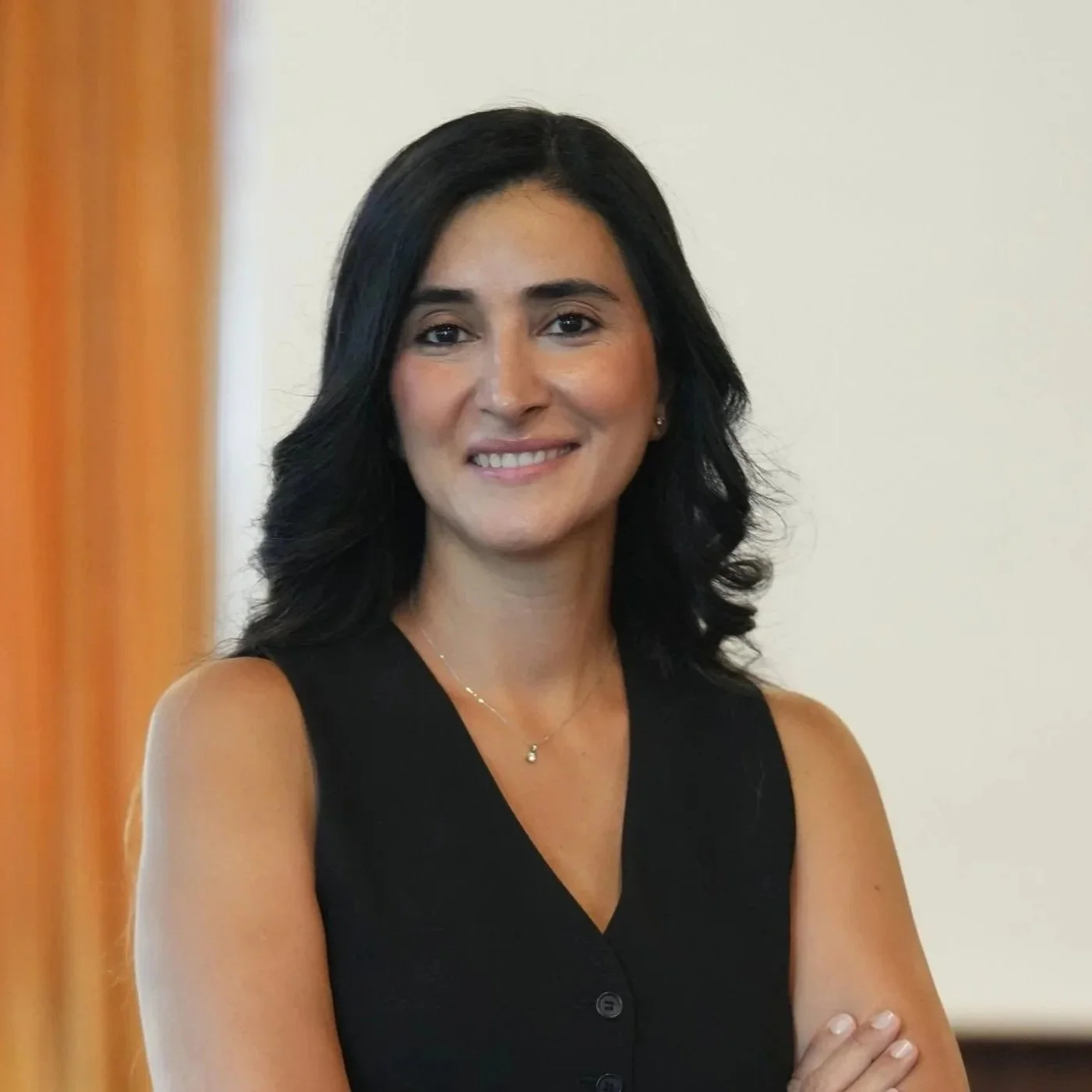Step into the sustainability movement:
connect, innovate, and lead.
Register for WSC 2025!
〰️
Step into the sustainability movement: connect, innovate, and lead. Register for WSC 2025! 〰️
The World Sustainability Conference 2025, organized by the Green Institute in collaboration with HeTa Research Institute, University of Birmingham, invites global thought leaders, experts, and change-makers to a pivotal event. Under the theme Sustainability 360°: Integrating People, Planet, and Policy, this conference will address the urgent need for holistic climate action and adaptation. Join us on November 4-5, 2025, for a transformative experience that will shape the future of sustainability by fostering collaboration across all sectors to create integrated solutions for a sustainable world.
KEYNOTE SPEAKERS
Prof.
Francis Pope
Professor of Atmospheric Science, School of Geography, Earth and Environmental Sciences, University of Birmingham
Prof. Ian Jefferson
Deputy Head of College, College of Engineering and Physical Sciences, University of Birmingham
SPEAKERS
Professor Hisham Farag
Business School Director of Research and
Professor of Finance, University of Birmingham
Professor Ataur Belal
Professor, Accounting and Sustainability, University of Birmingham
Dr. Ross Abbinnett
Senior Lecturer, Department of Social Policy, Sociology and Criminology, University of Birmingham
Dr. Nur Gundogdu
Assistant Professor, Strategy and Sustainability, University of Birmingham
Dr. Nana Osei Bonsu
Assistant Professor, Responsible Business & Sustainability, University of Birmingham
Dr. Eghosa Ekhator
Associate Professor of International Environmental Law, University of Derby
Professor Chris Rogers
Professor, Geotechnical Engineering and Director, Centre for Future Infrastructure and Cities, University of Birmingham
Dr. Mohamed A. Abdallah
Associate Professor, Persistent Organic Pollutants/Emerging Contaminants, University of Birmingham
People and Equity: Bridging Social and Environmental Justice
Climate adaptation through inclusive community engagement
Addressing gender, race, and socio-economic disparities in sustainability
Empowering indigenous knowledge systems for sustainable development
Planetary Boundaries: Safeguarding the Earth’s Resilience
Biodiversity conservation and ecosystem restoration
Sustainable land, water, and ocean management
Tackling desertification, deforestation, and environmental degradation
Policy and Governance: Pathways to a Just Transition
Innovative policy frameworks for climate resilience
The role of international law and agreements in sustainability
Financing the green transition: public and private sector collaborations
Technological Innovations for a Sustainable Future
Green technologies and circular economy models
Harnessing artificial intelligence and data science for climate solutions
Renewable energy advancements and sustainable infrastructure
Climate-Smart Food Systems: Feeding the World Sustainably
Innovations in sustainable agriculture and food security
Reducing food loss and waste through circular systems
Scaling local food systems for global resilience
Urban Sustainability: Building Resilient and Inclusive Cities
Climate-resilient urban planning and infrastructure
Sustainable transportation systems and low-carbon mobility
Smart cities: integrating technology for greener urban spaces
Education and Behavioral Change for Sustainability
Transforming educational systems for climate literacy
Behavioral economics and sustainable consumer choices
Mobilizing youth and community action for a sustainable future
Health and Sustainability: Addressing Global Vulnerabilities
Climate change and public health intersections
Tackling pollution and its effects on human well-being
Building resilient health systems in the face of climate crises
The Business of Sustainability: Integrating ESG into Practice
Corporate social responsibility and sustainability metrics
Driving green entrepreneurship and innovation
Aligning global trade with sustainability goals
Global Partnerships: Collaboration Across Borders
North-South cooperation for climate adaptation and mitigation
Strengthening international research and knowledge-sharing networks
Public-private partnerships to scale sustainability initiatives
Interdisciplinary Perspectives for Holistic Solutions
Integrating insights from social sciences, engineering, and natural sciences
Bridging the arts and humanities with sustainability efforts
Exploring the role of interdisciplinary research in solving global challenges
We also welcome any other related perspectives that align with the conference theme, encouraging innovative ideas and novel approaches from diverse disciplines to tackle global sustainability challenges holistically.
These sub-themes aim to foster an inclusive dialogue that bridges knowledge gaps, inspires collaboration, and drives actionable solutions for a sustainable world.











